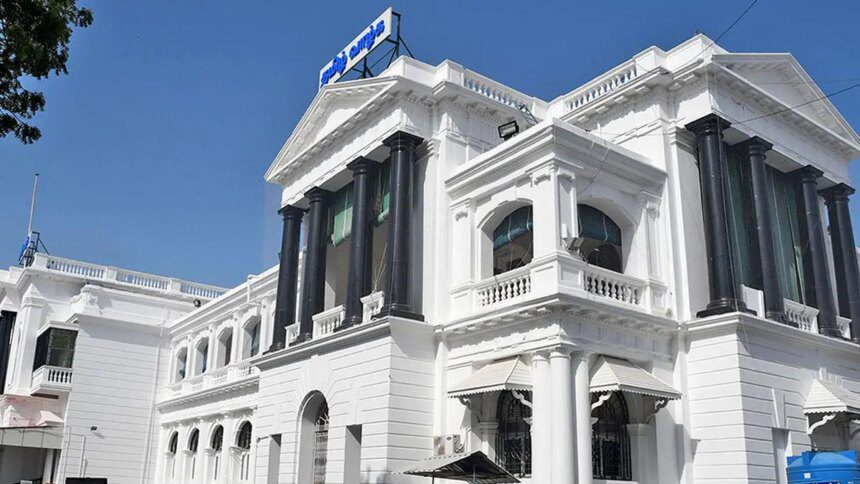The Tamil Nadu State Planning Commission has drafted a new Water Policy in collaboration with the Water Resources Department and various stakeholders. This Policy aims to assess the current water situation in the state and address specific challenges and concerns, as highlighted in the Water Resource Department’s Policy Note for 2025-26 presented in the Assembly on Monday. A key focus of the Policy is to enhance water governance, ensuring equitable access to sufficient water for everyone and promoting economic productivity through efficient utilization of water resources.
In addition, the state government intends to establish a comprehensive Tamil Nadu Water Resources Information and Management System (TN-WRIMS) with an estimated budget of ₹30 crore. This system will consolidate all water-related data within the state onto a single platform, facilitating the development, management, and conservation of limited water resources in a manner that is both integrated and environmentally sustainable, utilizing open-source and open standards-based technologies. According to the policy note, TN-WRIMS will serve a wide range of stakeholders, including the Departments of Rural and Panchayat Raj, Revenue and Disaster Management, Agriculture and Farmers Welfare, Tamil Nadu Water Supply and Drainage Board, Industries, Investment Promotion and Commerce, Animal Husbandry and Fisheries, Forest, Municipal Administration and Water Supply, Tamil Nadu Pollution Control Board, and the Ministry of Jal Shakti.
Moreover, Tamil Nadu is in the process of implementing a Satellite-Based Water Bodies Information Monitoring and Safety System (TN-SWIP) aimed at conserving and restoring water bodies through advanced technologies such as Artificial Intelligence, satellite imagery, and big data. This initiative will enhance the monitoring of water bodies in terms of availability and quality through real-time data collection. The system comprises two primary components: Real-Time Monitoring of Water Bodies and Detection of Encroachments. Currently, it is being tested in the districts of Tiruvallur, Kancheepuram, Chengalpattu, and Chennai, with ₹3.55 crore allocated for its implementation.










